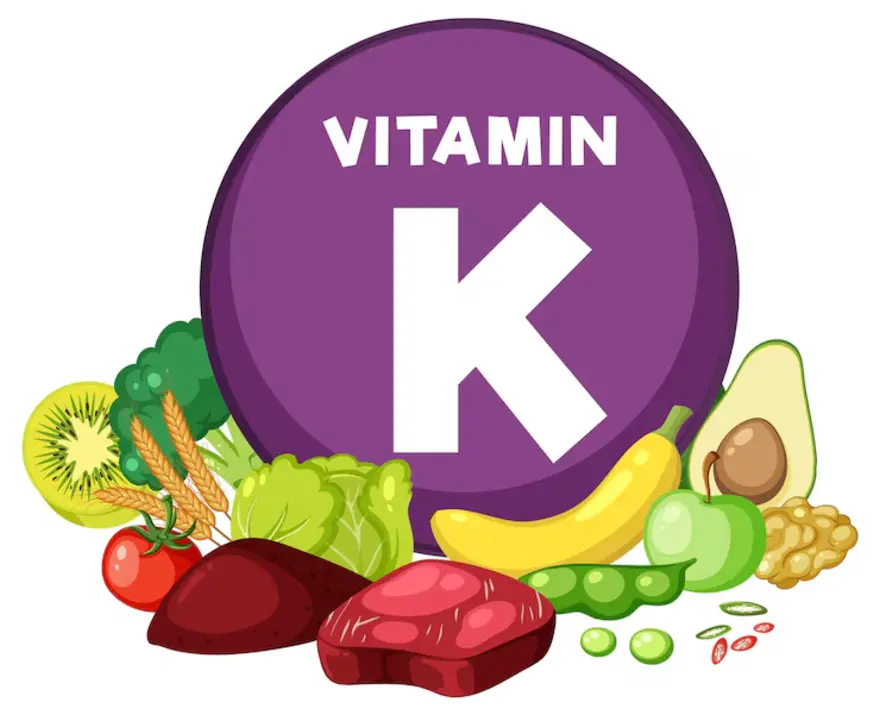Preventive Healthcare
6 Common Health Problems in Youths & Teens They Don’t Know About
15313 Views
0

The term "youth age group" has no broadly accepted international definition. However, the United Nations defines "youth" for statistical purposes as anyone between the ages of 15 and 24, without regard to any other classifications provided by Member States. According to WHO, "Adolescents" are people between the ages of 10 and 19 and "Youth" are people between the ages of 15 and 24.
Today, 1.2 billion young people, or 16% of the world's population, are between the ages of 15 and 24. The number of youths is anticipated to increase by 7% to around 1.3 billion by 2030.
The burden that noncommunicable diseases (NCDs) inflict on people and healthcare systems is significant and growing. The four major NCDs—cardiovascular disease, most cancers, diabetes, and chronic respiratory illnesses—are on the rise, despite the fact that infectious diseases like HIV/AIDS, malaria, and tuberculosis receive most of the attention and funding in the world.
Numerous people are impacted by NCDs, which have a severe negative impact on human potential, the economy, and health. Unhealthy habits and behaviours that are frequently started in adolescence and youth are linked to the frequency of NCDs. Young people's chances of later developing NCDs will be directly impacted by these harmful practises. Utilizing this crucial window of opportunity to make interventions that are effective is essential to creating a healthier future.
The main NCDs are driven by four modifiable risk behaviours:
- Tobacco use
- Excessive use of alcohol
- Unhealthy diet
- Insufficient physical activity
These actions can result in obesity, hypertension, and excessive cholesterol, all of which are directly linked to NCDs.
Here are some common ailments that are increasingly affecting our youths.
- Mental Health Disorders
- Type 2 Diabetes
- High Blood Pressure
- Heart Disease
- Chronic Lung Disorders
- Cancers
1. Mental Health Disorders
One of the most prevalent NCDs in children is mental illness. One of the main risk factors for the emergence of mental diseases is negative behaviour and lifestyle variables, particularly smoking, alcohol and drug use, poor diet, and metabolic syndrome.
Youths are particularly at risk for drug and substance misuse, which can result in depression and behaviour issues as well as poor mental health. Anxiety, mood, attention, and behaviour disorders are the most prevalent mental illnesses in adolescents. The second most common cause of mortality for adolescents between the ages of 15 and 24 is suicide.
Adolescents with mental health issues are especially susceptible to social isolation, discrimination, stigma (which can impair their willingness to seek care), academic challenges, risk-taking behaviours, physical ill-health, and human rights violations.
2. Type 2 Diabetes
You might not even be aware that you have diabetes. People who have the condition but haven't seen any symptoms are often unaware of it.
One of the main risk factors for diabetes is obesity. Obesity rates among younger generations—even children—are substantially greater than before. Because of this, the prevalence of type 2 diabetes and obesity is fueled by the way many people live today. We spend far too much time sitting and eat more calories, sweet drinks, and fast food.
The disease must therefore be checked for more frequently in young people. Get tested to know if your sugar level is in check.
3. High Blood Pressure
Although hypertension is typically thought of as a "adult disease," more and more adolescents and youths are developing the illness. You are not too young to be affected by high blood pressure, even if you are a young adult. Even those who appear healthy, about half of persons over the age of 20 have raised or high blood pressure. Even while high blood pressure doesn't have any overt symptoms, it shouldn't be disregarded.
Long-term studies have shown that having high blood pressure considerably raises your risk of acquiring serious health disorders later in life, even if you are just in your 20s. Additionally, high blood pressure has financial repercussions in addition to health effects.
If high blood pressure is not treated it can lead to significant medical diseases, like heart disease.
4. Heart Disease
Heart disease does not only affect older people. Younger folks are experiencing it more and more frequently. This is partially due to the fact that heart disease-causing diseases are developing in younger people.
Younger persons who are obese and have high blood pressure are more likely to develop heart disease early in life. High blood pressure, high cholesterol, and smoking are the top three risk factors for heart disease, and they are all present in the majority of Indian youth.
Obesity, diabetes, physical inactivity, and bad eating habits are other illnesses and behaviours that influence your chance of developing heart disease.
5. Chronic Lung Disorders
Asthma, bronchitis, pneumonia, allergic rhinitis, and sinusitis are just a few examples of the respiratory illnesses and diseases that can severely limit one's capacity to function and are a leading cause of activity restrictions in children.
Cough, wheeze, congestion, chest pain, shortness of breath, respiratory distress, and, in the most extreme situations, death, are symptoms connected to both mild and more severe forms of various respiratory disorders. Smoking is one of the many environmental and genetic factors that combine to affect the development and severity of asthma, making it a particularly complex respiratory condition.
6. Cancers
Testicular cancer, Hodgkin lymphoma, and primary bone cancer are among the cancers that are most frequently diagnosed in teens and young adults. However, based on age, different cancer kinds have different incidence rates. Among people aged 15 to 24, lymphomas and thyroid cancer are the most prevalent cancers.
There is evidence that some malignancies in teenagers and young adults can have distinctive genetic and biological characteristics. In order to identify molecularly focused medicines that may be successful in treating these tumours, researchers are working to better understand the biology of cancers in young adults.
Brain and other central nervous system tumours, breast, cervical, colorectal, leukaemia, lymphoma, melanoma, sarcomas (bone and soft tissue sarcoma), testicular, and thyroid cancers are the most common cancers in youths.
7 Ways You Can Take Control of Your Health
With regard to your health, you are in command. At any age, learn how to stay healthy.
1. Give Up Smoking
The number one preventable cause of death is smoking. Stop smoking if you don't already. If you smoke, figure out how to stop.
2. Control Medical Conditions
Manage problems like diabetes, high blood pressure, and high cholesterol in conjunction with your doctor. Taking any recommended medications is part of this.
3. Make Healthy Dietary Changes
Consume foods that are low in sodium, added sugar, trans fat, and saturated fat. Aim to have whole grains, fruits, and veggies on at least half of your plate. Limit your daily salt intake to 1,500 mg.
4. Keep Moving
Get active every week for at least 90 to 150 minutes. For a total of 30 minutes of exercise every day, you can even divide the workout into 10-minute halves.
5. Keep an Ideal Weight
If you are overweight, losing even 4.5 kg can reduce your risk of developing blood pressure and other NCDs.
6. Limit Alcohol
Limit your daily alcohol consumption to two drinks for men and one drink for women.
7. Receive Mental Health Support
It is imperative to attend to the needs of young people with mental health issues. There are several strategies to manage mental health issues, including avoiding institutionalisation and over-medicalization, giving non-pharmacological methods priority, and respecting children's rights.
 Home Visit
Home Visit Upload
Upload














1701259759.webp)









 WhatsApp
WhatsApp